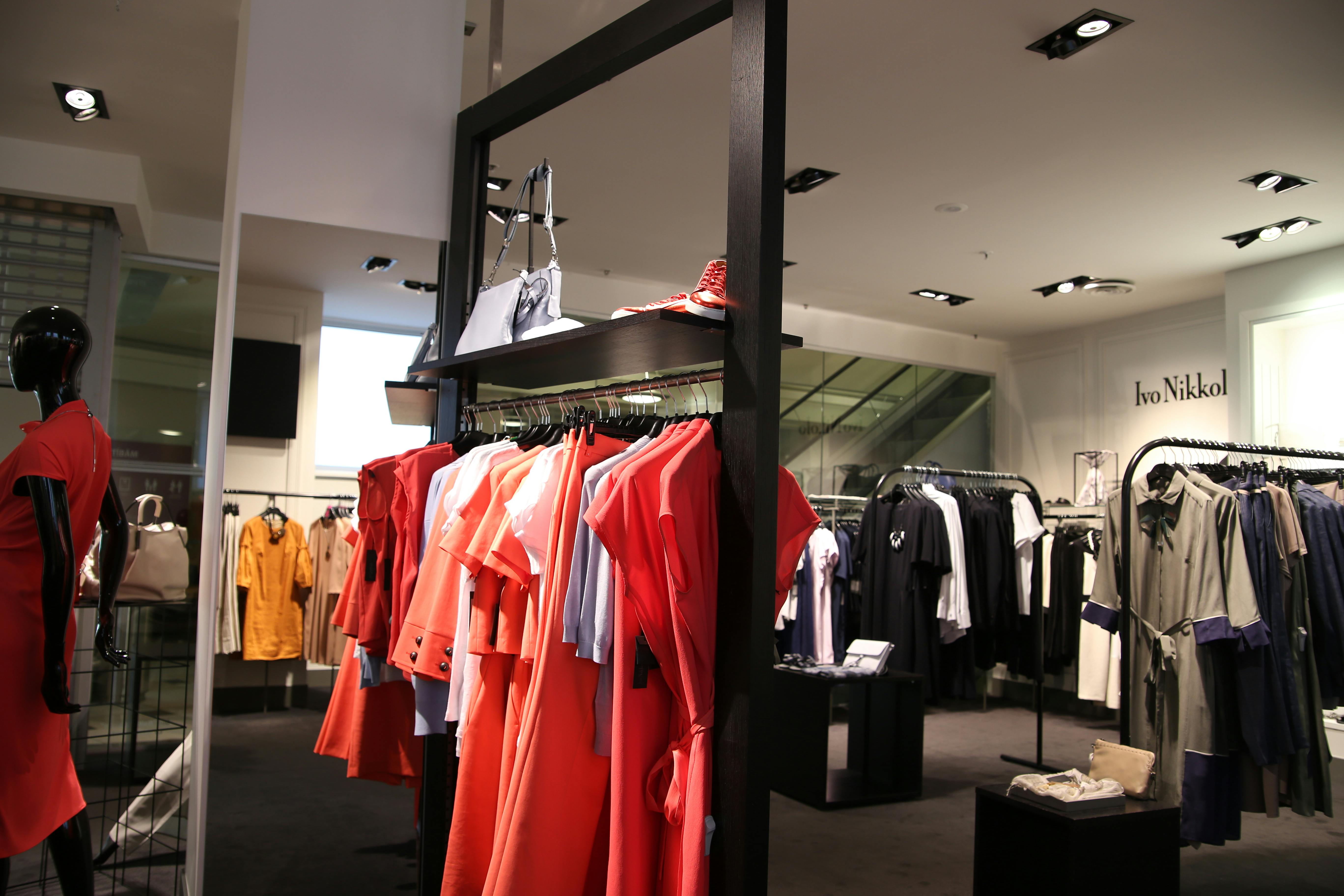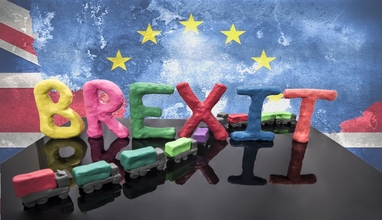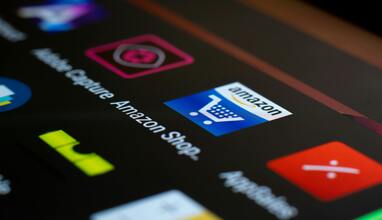Selling to the French Consumer : Cultural Nuances in Branding and Communication

A Market Shaped by Culture, Identity, and Intellect
To succeed in France, a brand must go far beyond simply entering the market with a translated slogan and a competitive product
French consumers bring to their purchasing decisions a heightened sense of discernment shaped by centuries of cultural richness, aesthetic refinement, and philosophical thinking
They do not see consumption purely as transactional but rather as an extension of personal identity, taste, and values
As a result, a brand is not evaluated only for what it offers, but for how it communicates, where it comes from, and whether it fits into the broader cultural landscape
Winning in France requires deep cultural awareness, an appreciation for nuance, and a sincere effort to engage meaningfully with the consumer’s intellect and emotional intelligence
The Power of Language as a Cultural and Strategic Tool
In France, language is more than a medium of communication — it is a national treasure, a matter of pride, and a marker of social status and sophistication
French law mandates the use of French in all public-facing commercial content, but the expectation goes beyond legal compliance
The French public is acutely attuned to the tone, grammar, vocabulary, and structure of language, and they interpret these elements as indicators of brand quality and cultural sensitivity
A poorly translated slogan or an awkward Anglicism can instantly undermine a brand’s credibility, while a beautifully written phrase that resonates with French sensibilities can elevate a brand’s entire image
Brands that invest in culturally fluent localization — not just technical translation — demonstrate a level of respect that earns admiration and trust
The use of poetic rhythm, rhetorical precision, or historical references is often more effective than direct calls to action, especially when the goal is to build long-term emotional connection
Heritage, Provenance, and the Weight of Authenticity
French consumers have a strong attachment to tradition, and they often place great value on where a product comes from, how it was made, and who made it
This is not simply a preference for the past but rather a belief that quality is inseparable from time, craft, and human intention
French-made products carry strong symbolic value, particularly in key sectors such as fashion, wine, perfume, cosmetics, and gastronomy
Brands that can proudly state “Made in France” are often rewarded with a level of trust and perceived excellence that international competitors may struggle to achieve
However, authenticity is not the exclusive domain of French companies
International brands can also thrive if they emphasize heritage, craftsmanship, and storytelling rooted in real history
Japanese, Italian, and Scandinavian brands that position themselves with narratives of design philosophy or ancestral methods have found deep resonance among French audiences
To the French consumer, a brand’s identity must feel anchored, consistent, and sincere — surface-level marketing or trend-focused branding often fails to convince
A Sophisticated Tone That Speaks to the Mind and the Senses
The tone of voice a brand adopts in France is a critical strategic choice — and it must be handled with care
French communication tends to avoid the overenthusiastic, hyper-optimistic tone often associated with American or British advertising
Instead, what resonates more deeply is a tone that is intelligent, poetic, sometimes ironic, and almost always elegant
A successful message does not try to force emotion but invites reflection, evokes feeling, and allows room for interpretation
This is a market that appreciates wit, subtlety, and even ambiguity when handled skillfully
Brands that take time to educate rather than persuade, to suggest rather than shout, and to offer beauty as well as function are more likely to win hearts
French consumers often expect advertising to be artistic and culturally relevant — campaigns that echo literary, cinematic, or philosophical themes are often perceived as more meaningful and trustworthy
Trust Rooted in Evidence, Values, and Consistency
While style and tone matter, the foundation of brand loyalty in France is built on proof
Consumers seek out third-party validation, read detailed reviews, and pay close attention to what peers, experts, and journalists say
They are highly attuned to greenwashing and empty promises, and increasingly they demand tangible commitments from brands — in environmental responsibility, ethical labor practices, and corporate transparency
Labels and certifications such as “Origine France Garantie,” “AB” (for organic agriculture), or “ÉcoCert” serve as key trust indicators
Even in the realm of influencer marketing, authenticity is paramount — influencers who are too commercial or who shift brand affiliations frequently are met with skepticism
In this environment, consistency is essential
A brand must not only say the right things but continue to prove them over time
Long-term reputation is valued far more than short-term visibility
A Strategy of Cultural Immersion, Not Cultural Erasure
Adapting to the French market does not mean abandoning the brand’s origins
On the contrary, France often rewards foreign brands that bring a strong, well-defined identity — as long as that identity is expressed with cultural sensitivity and respect for French values
The key is not to imitate French brands, but to enter the conversation with awareness and nuance
This means understanding what matters to French consumers, how they view themselves, and what they expect from the companies they support
It requires careful listening, thoughtful storytelling, and a deep respect for the cultural and emotional context in which purchases are made
A foreign brand that demonstrates this level of understanding is not seen as an outsider but rather as a welcomed guest — or better yet, as a participant in the rich tapestry of French consumer culture
Selling to French consumers is both an art and a discipline
It requires more than a product and a marketing budget — it requires fluency in language, respect for heritage, precision in tone, and alignment with deep-rooted cultural expectations
Brands that succeed are those that do not try to dominate the conversation but to elevate it — those that bring something meaningful, intelligent, and beautiful to the table
In doing so, they do not simply earn purchases
They earn loyalty, admiration, and a lasting place in the French imagination
Hits: 7862 | Leave a comment




















